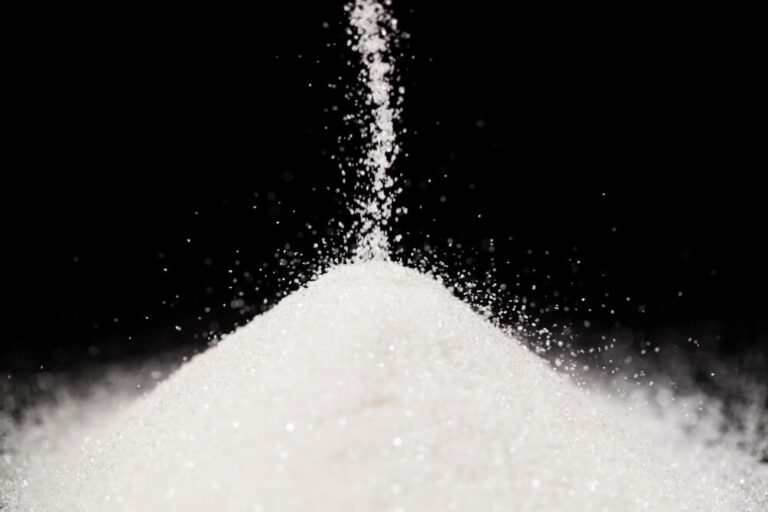Kosher salt, a staple in kitchens everywhere, plays an essential role in cooking and food preparation. Known for its unique texture and pure flavor, it is preferred by many chefs and home cooks. Yet, the recent buzz about its potential shortage has sparked concerns among consumers and professionals. Understanding the situation and its implications can help us stay informed and prepared.
Impact of COVID-19 on Kosher Salt Market
The COVID-19 pandemic affected numerous industries globally, and the kosher salt market was not spared. One of the primary issues was the disruption in the supply of raw materials. This challenge was compounded by the restrictions on imports and exports, which significantly impacted supply chains. Many manufacturing facilities faced temporary shutdowns to comply with health guidelines, leading to delays in production and distribution.
Despite these challenges, the food and beverage sector experienced a surge in demand during and after the pandemic. With more people cooking at home, the market began to recover. Greater demand for kosher salt in home kitchens and restaurants helped stabilize the industry, gradually improving availability.
Current Availability Issues
While the market is generally recovering, some consumers still face difficulties locating certain kosher salt brands. For instance, Diamond Crystal, a popular choice, disappeared from store shelves for a time. Although it remained available online, prices were notably higher. Similarly, Morton’s kosher salt became harder to find in some regions, causing shoppers to search multiple stores.
There have also been reports about changes in the texture of some brands, particularly Morton’s. Consumers noted that the texture of Morton’s kosher salt was finer than before. These texture variations can affect cooking and seasoning, highlighting the importance of consistency in product quality.
Market Growth Projections
Despite these availability challenges, the kosher salt market is on an upward trajectory. Valued at USD 1.30 billion in 2024, it is projected to reach USD 1.89 billion by 2029. This growth represents a compound annual growth rate (CAGR) of 7.8%. Alternate forecasts indicate a faster growth rate, estimating a CAGR of 9.40% from 2021 to 2028, potentially reaching USD 0.63 billion by 2028.
Transparency Market Research also anticipates substantial growth, predicting CAGRs above 6% through 2030. These promising projections are driven by a mix of consumer demands and industry innovations, positioning the kosher salt market for robust growth in the coming years.
Factors Contributing to Market Growth
Several factors fuel the growth of the kosher salt market. One key driver is the increasing consumer awareness and preference for eating clean. Many people are turning to natural ingredients to support a healthier lifestyle, boosting demand for products like kosher salt, which is free from additives.
The food service industry is also expanding, with chefs and culinary professionals championing the use of kosher salt for its coarse texture and pure flavor profile. Its popularity is further enhanced by creative and innovative culinary applications, encouraging home cooks and professionals to experiment with new recipes.
Kosher salt’s versatility and its rising prominence in culinary arts contribute significantly to its demand. From enhancing flavors in dishes to being used as a preservative, its varied applications make it a valuable ingredient in both home and commercial kitchens.
Concluding Thoughts
The kosher salt market showcases remarkable resilience and potential for growth, despite recent supply challenges. As consumer awareness of clean eating continues to rise, and the food service industry evolves with new trends, kosher salt remains a vital ingredient.
While availability issues with brands like Diamond Crystal and Morton’s have been challenging for some, the overall market is recovering. The projected growth rates highlight the continued relevance of kosher salt in today’s kitchens. Whether it’s used for its clean flavor in culinary dishes or its natural properties in food preservation, kosher salt’s importance is undeniable.
For updates on market trends and insights, consider exploring more content at SmallBizViews. Staying informed is crucial in today’s ever-changing market landscape.


